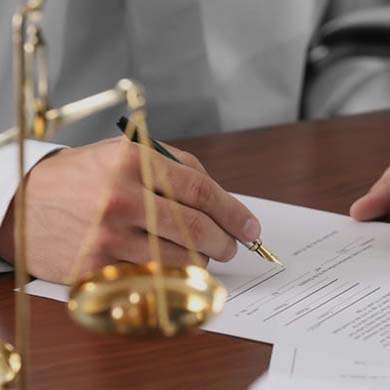File Small Claims Court in Maryland
In Small Claims Court of Maryland, any individual, business or corporation may bring a small claims suit for the recovery of money when the amount requested is $5,000 or less. Attorneys are allowed, but not required

To FILE your case and SERVE the Defendant, the price for this state is$74.95.
Maryland Small Claim Filing
Why do you waste your time energy after a small claim? We are here to take pain for you. We are literate enough about the Small Claims Court System. We will get your claim filed and make you free from worries. We file Maryland Small Claim in the relevant court. We provide proof after the task is completed. Our policy provides individuals and companies peace of mind.
Suing Someone in Maryland Court Or Being Sued?
We, in Maryland Small Claim filing offer in case if you want to file a case against somebody, we can help by:
- Serving Your Small Claims Papers Before The Deadline.
- Serve Your Claim In Proper Legal Way for Maryland Court.
- Fill Your Proof With The Brookeville Court.


In case you are sued, we talk to the relevant person or company to settle things down. We appeal your small claim judgment as well.
E-Filing Services inMaryland
Small Claim Maryland E-file your legal documents to Maryland courts that accept E-Filling on your behalf.
Small Claims For Bad Cheque Or Payment in Maryland
Maryland Small Claim settles all money matters reliably and authentically if you are deceived in money matters.
Recent Cases Filed in Maryland Small Claims Court
File Small Claims in Brookeville For Security Deposit
In Maryland Small Claim, if your former landlord refuses to return the security deposited you paid, we offer our services.
Maryland Small Claims Filing if Refusing To Pay After A Car Accident
If someone ruins your car in Maryland and refuses to pay for its repair, you can file small claims to recover your car accident damage. Small claims filingprepares all the documents to file a small claim in Maryland court.
Direct Legal Small ClaimService inMaryland
We provide full service of handling of writs both state and federal.
Court Filling Small Claim Maryland Services
Throughout Maryland in the small claims, we offer services to accommodate on the same day, next day or routine service.
Who Can Sue Small ClaimIn Court Maryland?
Those who can claim for Small Claim Maryland are listed below:
- Married Couples can file small claims in Brookeville court.
- Business Partnerships can also file small claims
- Corporations can file small claims
- Government Agencies can file small claims
- Motor Vehicle Claims can be handled
- Minors can also file small claims in the court of Maryland
- Prisoners can file small claims
- Bill Collectors can also file small claims in Maryland
How Much Does It Cost To File A Small Claim Court, Maryland?
There is a $30 filing fee for a case asking for up to $1500. To claim over $1500, and up to $5,000, there is a filing fee of $50. If your claim is above $5,000, the filing fee is $75. If you file more than 12 cases in a year, subsequent cases will cost $100.



